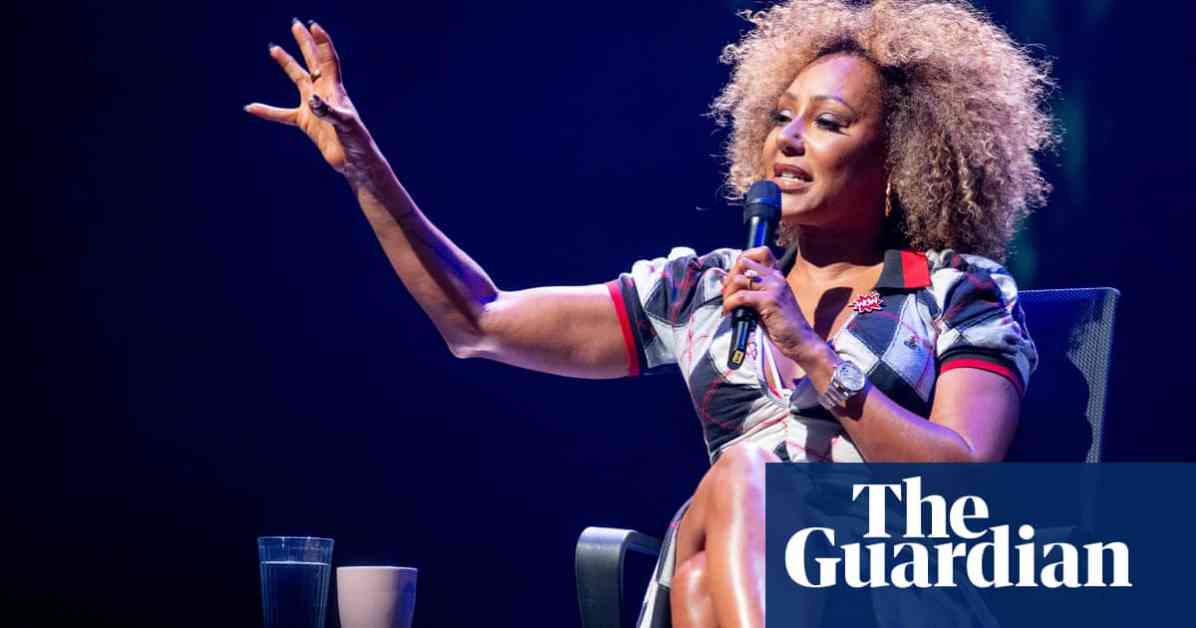Championing Equality in the UK: Mel B and Britons Leading the Fight Against Afro Hair Discrimination
In a groundbreaking move, Labour MP Paulette Hamilton and singer Mel B are spearheading a campaign to end afro hair discrimination in the UK. Alongside other prominent Black Britons, they are calling for a change in legislation to make the UK the first western country to introduce a law specifically targeting afro hair discrimination.
The World Afro Day (WAD) campaign has taken a bold step by penning an open letter to Members of Parliament, urging them to amend the Equality Act 2010 to include afro hair as a protected characteristic. The letter, signed by 100 campaigners and supporters including singer Beverley Knight, writer Patrick Hutchinson, and presenter Fleur East, highlights the need to address the normalization of discrimination against afro hair in various aspects of life.
Voices of Change: Why Ending Hair Discrimination Matters
The 100 Voices, 100 Words campaign initiated by WAD emphasizes the importance of updating the law to protect individuals with afro hair from discrimination. Each supporter has shared their perspective on why this legal reform is crucial in combating prejudice and promoting diversity in society.
The campaign’s focus on the next generation is evident in their upcoming drop-in clinic at parliament, where Hamilton, WAD founder Michelle De Leon, Hutchinson, and presenter Sarah-Jane Crawford will be present with their children. By advocating for change at a young age, these activists aim to create a more inclusive and accepting environment for future generations.
Challenges Faced by Afro-Textured Hair Individuals
For too long, individuals with afro-textured hair have faced discrimination and bias in various settings, from schools to workplaces. Children in the UK often experience unfair treatment for wearing natural hairstyles or protective methods, while adults encounter discrimination, harassment, and even assault based on their hair texture.
De Leon aptly points out that laws serve as a safeguard against oppression and injustice, yet the current legal framework in the UK falls short in protecting individuals with afro hair from discriminatory practices. By advocating for legislative change, campaigners hope to put an end to generations of afro hair discrimination and promote a more inclusive society.
Hamilton, as Birmingham’s first black MP and a mother of four daughters, understands the profound impact that this campaign could have on her local community and individuals with afro hair across the UK. Her personal connection to the cause underscores the urgency of addressing afro hair discrimination and promoting equality for all.
Standing Tall: Mel B’s Personal Experience with Afro Hair Discrimination
Mel B, known for her iconic role in the Spice Girls, recounts a pivotal moment in her career where she stood her ground against pressure to straighten her hair for a video shoot. Despite being told that her “big hair” did not conform to the pop star mold, Mel B remained true to herself and proudly showcased her natural hair and brown skin.
Her defiance against conformity and celebration of her identity resonates with the core message of the World Afro Day campaign. By sharing her story, Mel B highlights the importance of embracing diversity and challenging societal norms that perpetuate discrimination based on physical appearance.
In her support for World Afro Day’s call to amend the Equality Act, Mel B emphasizes the need for legal protection against afro hair discrimination in the UK. Her advocacy serves as a powerful reminder of the importance of self-acceptance and standing up for one’s identity in the face of societal pressures.
As the campaign gains momentum and garners support from influential figures like Mel B and Paulette Hamilton, the push for legislative change to end afro hair discrimination in the UK continues to gain traction. By amplifying the voices of those affected by discriminatory practices and advocating for policy reform, these activists are paving the way for a more inclusive and equitable society for all.

